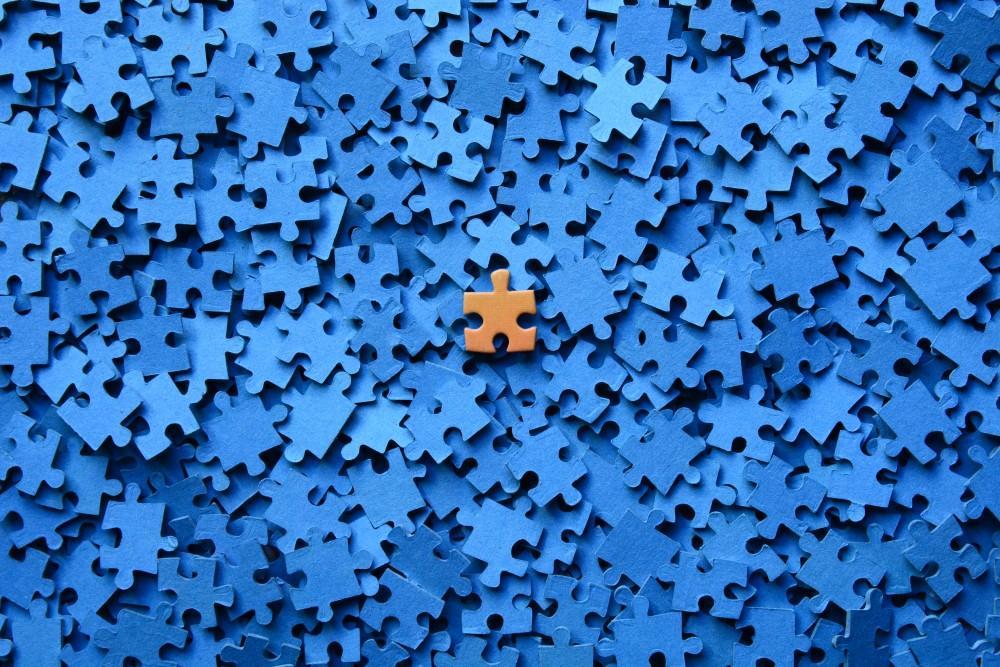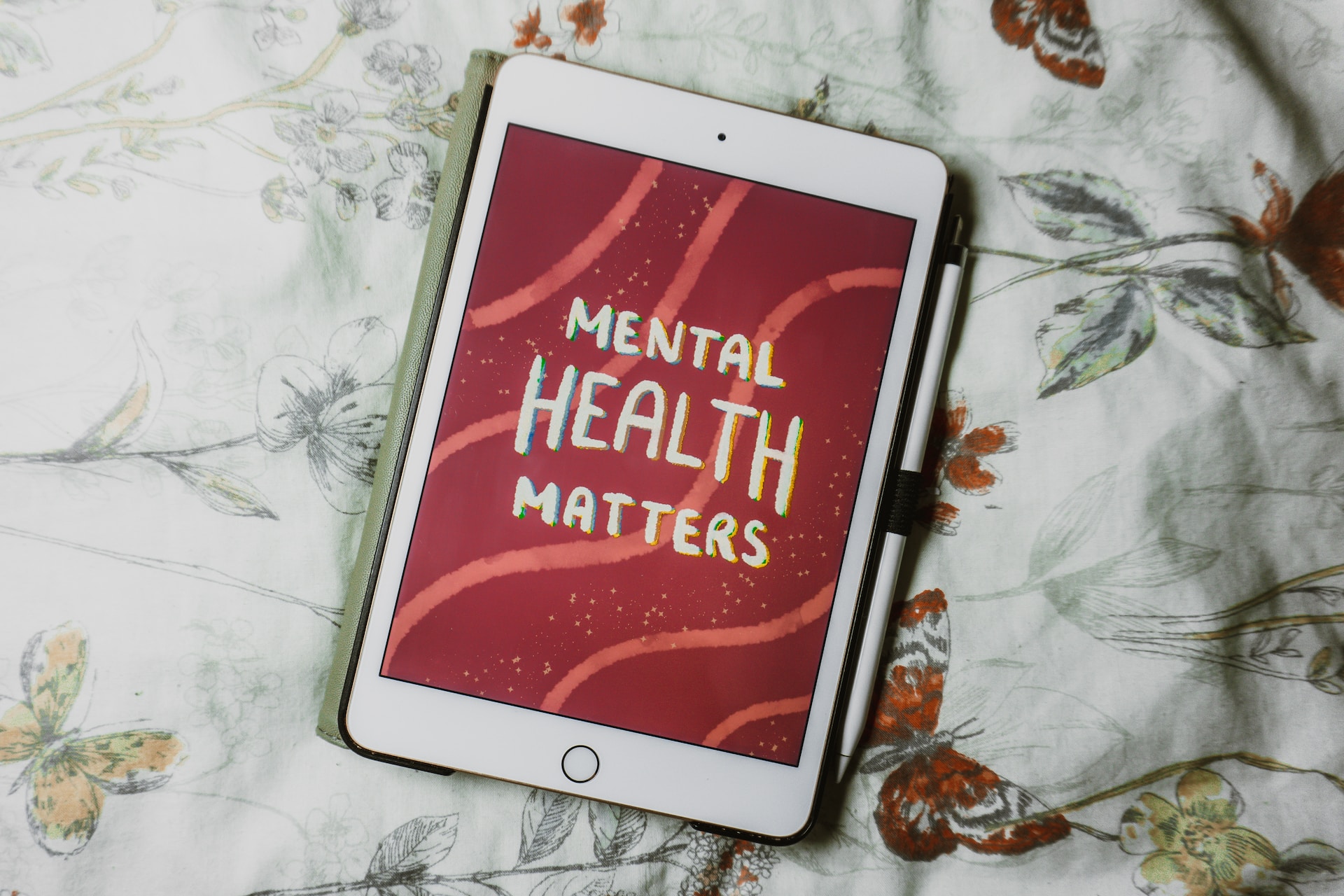As pandemic-related limitations move further into the rearview mirror for much of American society, many people have returned to full-schedule living. Vacations, weddings, and family reunions are back on the calendar, and the upcoming holiday season promises to offer ample opportunity to gather with family and friends.
All of this means that folks are on the move once again, usually covering long distances the quickest way possible: air travel. But for as exciting as it can be to get back to normal life, the thought of getting on an airplane leaves some people feeling anxious and full of dread.
If this sounds familiar, you’re not alone: Fear of flying is common, affecting about 25 million adults in the United States. For some people, this flying-related fear or anxiety is so intense it qualifies as a type of anxiety disorder known as a phobia (aerophobia).
Luckily, our seasoned team of experts at EXIS Recovery in West Los Angeles, California are here to help. Read on as we offer five effective strategies that can help you gain the upper hand over your fear of flying so you can start living life on your own terms.
The intense fear caused by aerophobia is rarely rational, but that doesn’t make it any less real or debilitating when you’re sitting on a plane, taking off, landing, or experiencing turbulence.
To tip the scale away from fear and toward reality, it helps to educate yourself about the flying process and identify your irrational thoughts. Learning how airplanes work, what causes turbulence, and about the various sounds and sensations you may experience on any flight can help make each successive flight less frightening.
You’ll also want to identify any adverse, irrational, or catastrophic thoughts that may contribute to your fear of flying, so you can actively replace them with more realistic and helpful thoughts. While this “mind over matter” approach isn’t always easy, it can be empowering with practice.
The severity of aerophobia can vary greatly from person to person: Some may feel worried and shaky for the duration of a flight, while others may experience a full-blown panic attack before they step foot on a plane. Similarly, the nature of aerophobia is also highly individual.
To truly understand your specific anxieties about flying, you must first recognize the negative thoughts or situations that trigger them. By paying close attention to both your fear and what precedes it, you’ll be able to identify — and find effective ways to deal with — the fear triggers that affect you the most.
For example, if you’re most fearful during take-off or landing, deep breathing techniques may help ease your anxiety in the moment. You may also try “talking back” to negative thoughts about flying when they arise.
Facing your fears in small, manageable doses is key to working through any anxiety disorder, including aerophobia. Known as exposure therapy, this gradual approach aims to help you calm your fight-or-flight response through a series of safe, low-risk experiences, moving one rung at a time up the “ladder of fear.”
Repeatedly exposing yourself to your fears can help temper your limbic system so it doesn’t fire up as quickly. Over time, this can mean feeling less anxiety and fear about flying. Going up your ladder of fear may include:
Eventually, your goal is to step onto an airplane. If you’d rather work through this level of fear without having to buy a plane ticket, virtual reality exposure therapy may be a good option.
Just as anxiety and fear take over your rational mind and make it hard to think straight, an engaged and focused mind can help soothe and temper your emotional brain. You can use this interplay between focus and emotion to your advantage when you need it most on a flight.
For example, if you tend to have increasingly negative thoughts on long flights, or worsening anxiety and fear whenever a plane goes through a bit of turbulence, engage in an activity that helps you stay connected to your rational, thinking brain. When you focus on reading a book, doing a crossword puzzle, sudoku, or wordle, or even just writing emails, the distraction helps your emotional brain remain calm.
Facing your fear of flying is a brave choice that requires work. But even as you make major strides toward mitigating your anxieties, you may still feel “comfortably uncomfortable” for a while. Don’t let it worry you; you may be out of your comfort zone, but you’re heading toward something that matters to you.
Remind yourself of why you’re choosing to fly in the first place. Perhaps you haven’t seen your aging parents in a while, or your favorite niece is about to graduate from college. Maybe you love to explore new places, or you’ve been invited to an overseas wedding. Whatever the reason, choosing to face your fears is always worth it.
To learn more or get help for your phobia, call EXIS Recovery in West Los Angeles today, or click online to book an appointment with one of our mental health experts any time.




